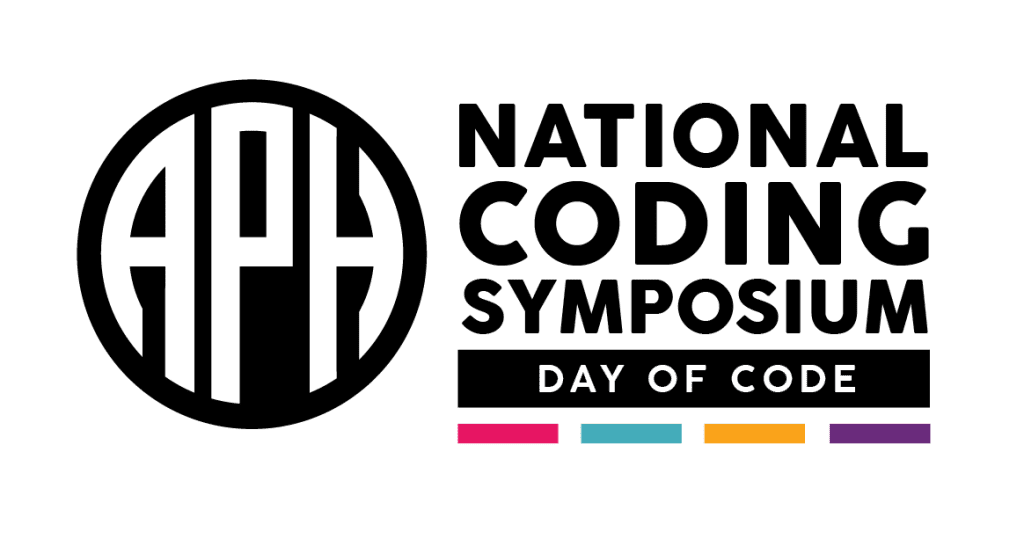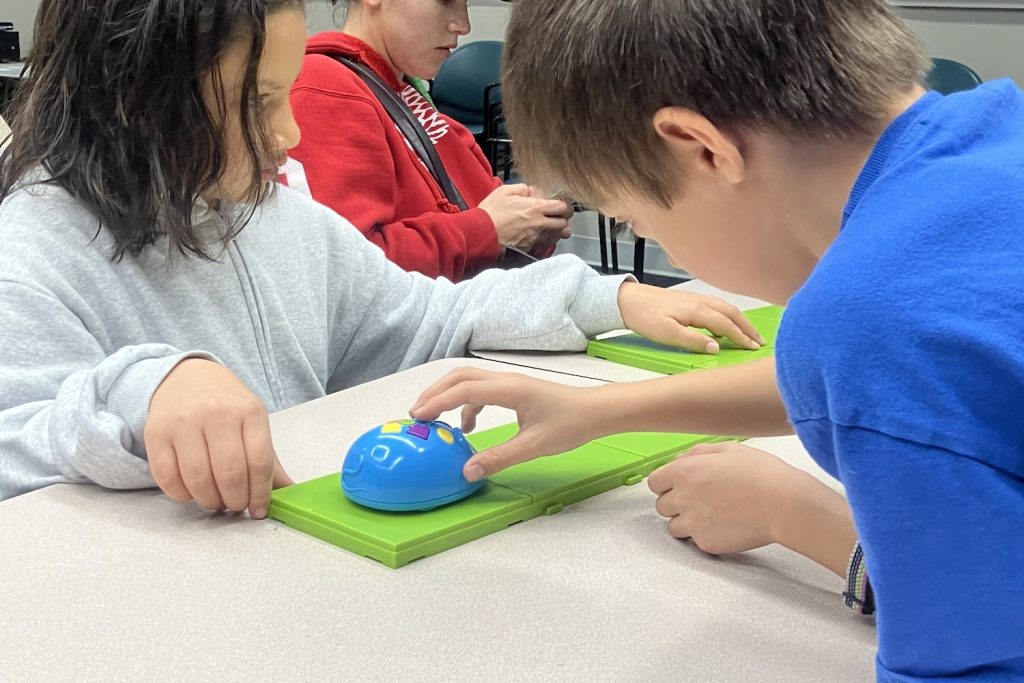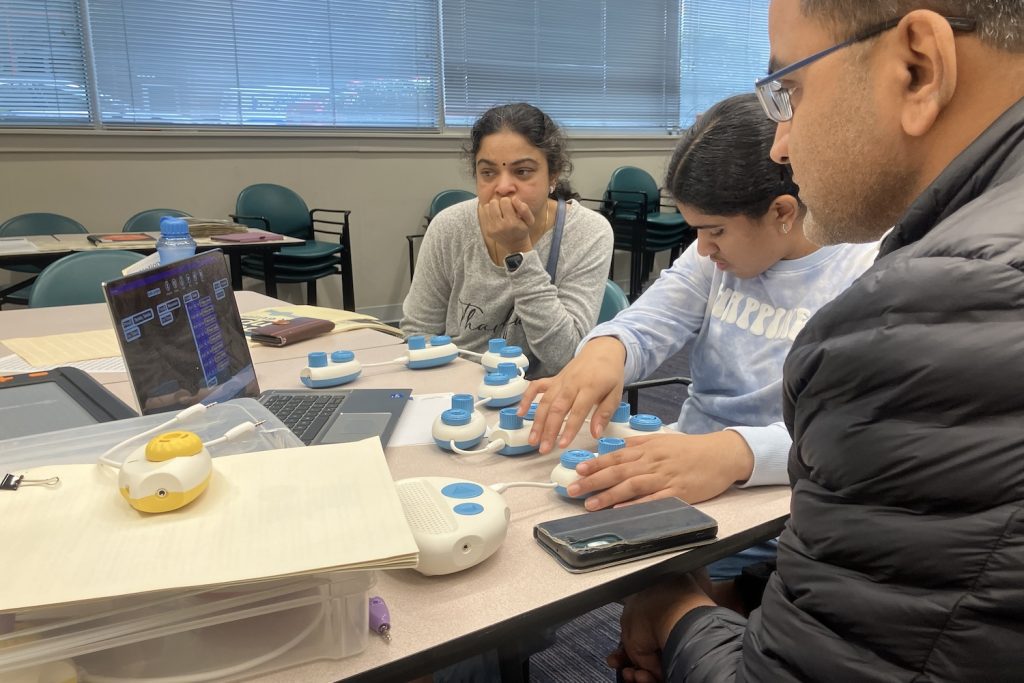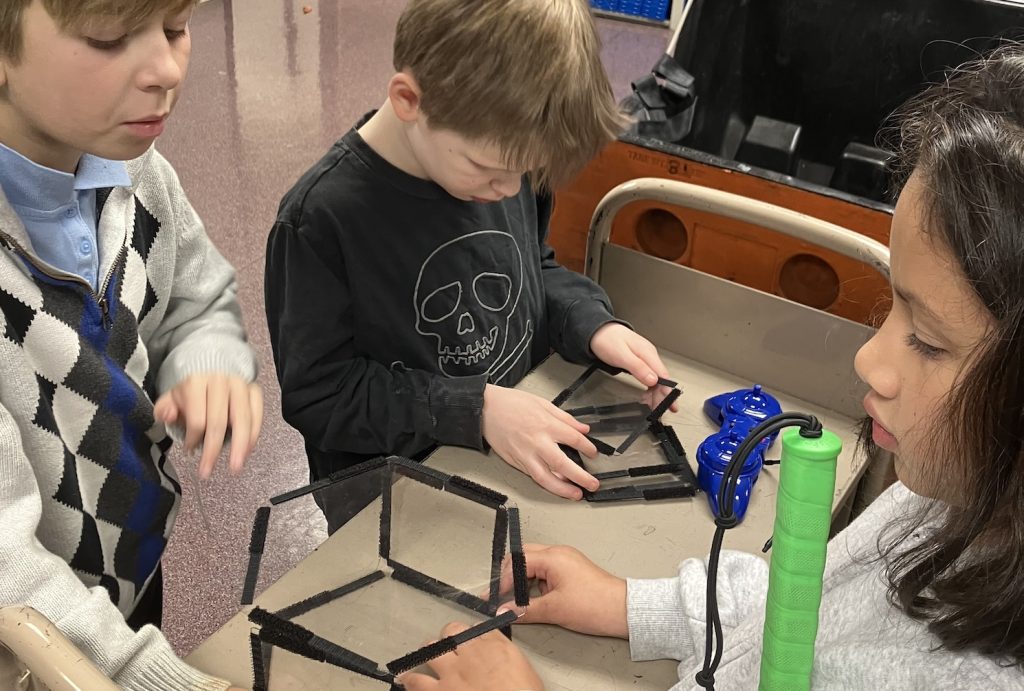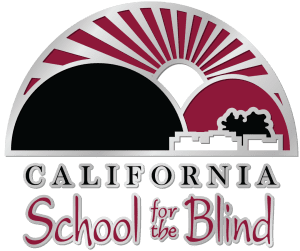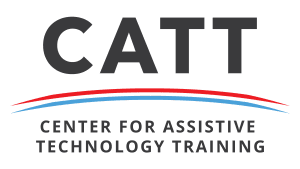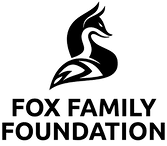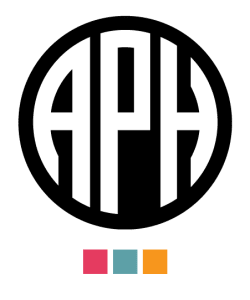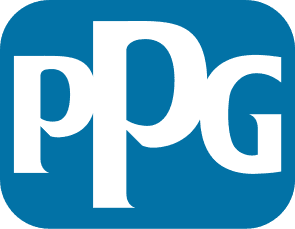National Coding Symposium
Welcome to the APH National Coding Symposium and Day of Code, where innovation meets accessibility! The APH National Coding Symposium will return for its fourth year with even more opportunities to engage students and all levels of coders. We will have in-person regional events throughout the fall known as a “Day of Code” and will conclude with a virtual event in December to align with Computer Science Education Week.
Registration for the National Coding Symposium virtual event on December 10, 2024 is now open. Make sure to sign up and reserve your spot today!

